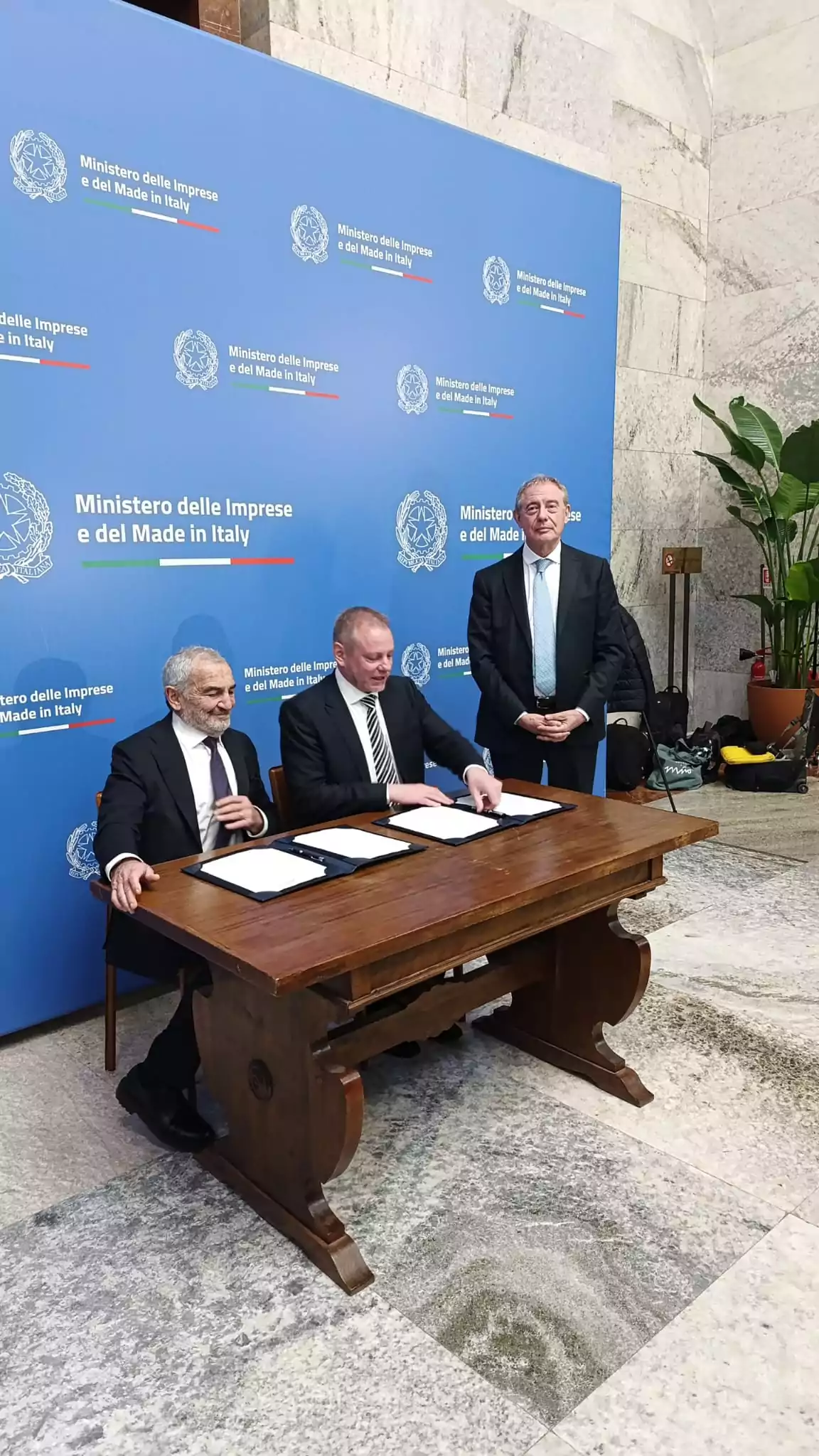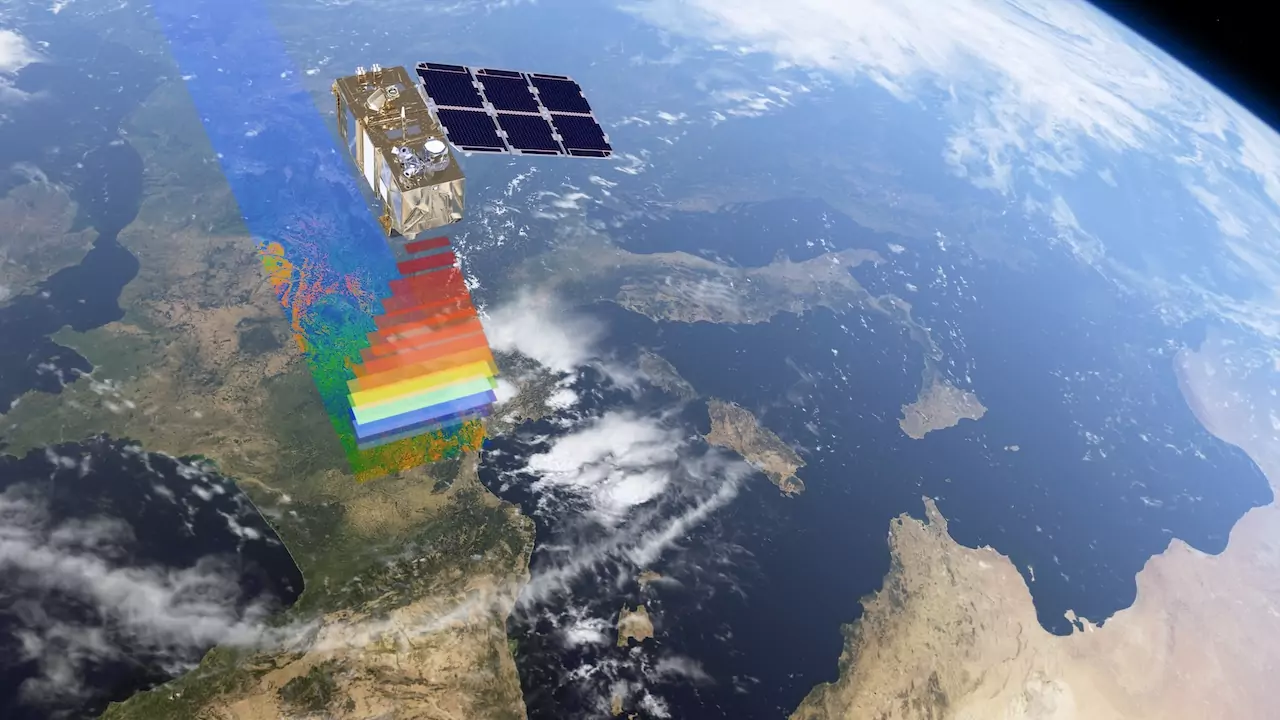Until recently, Europe was the dominant force for launching large satellites. For almost 30 years, Ariane 5 was a preferred choice for telecommunications companies wishing to bring spacecraft high above the Earth, then came competition from the American SpaceX.
The company led by Elon Musk has become the first private company to launch its own rocket into orbit, breaking into a sector previously dominated by space entities headed by nation states or consortia of states, with its Falcon 9 rocket at a lower price than its European competitors, SpaceX has been putting satellites of all kinds into orbit since 2010.
Europe currently has the European launchers Vega C (produced by Avio of Italy) and Ariane 6 (predominantly French), but for the latter, which debuted (late) last July, no new launch is currently planned.
Yet Europe is catching up. With the German start-up Isar Aerospace, it has just made history with the first commercial orbital launch from continental Europe on 30 March 2025 via the Spectrum rocket.
The European Innovation Council (EIC) and the SMEs Executive Agency (EISMEA) have for some time been engaged in crucial funding and support, such as that to Isar: over EUR 10 million through the Horizon Programme alone for the development of ‘low-cost space launch’ systems. This support is not just about funding: it is about strengthening the EU’s technological sovereignty and competitiveness in a field long dominated by global giants elsewhere on the planet.
Isar is one of four European start-ups (in addition to Germany’s HyImpulse and Rocket Factory Augsburg, and the UK’s Orbex) to benefit from the European Boost programme, announced last November by the European Space Agency (ESA), which provides for the allocation of €44.22 million. While it is true that the Old Continent has regained autonomy in accessing space with Ariane 6 and Vega C, with the Boost programme, ESA intends to support a new generation of commercial launchers and launch services.
From an industrial point of view, Italy is among the few countries whose companies cover the entire space chain: from launchers to manufacturing, from consumer services to university and research poles, with a market consisting of around 200 companies, 80% of which are SMEs and innovative start-ups, with a total annual turnover of more than two billion euro. In Europe, Rome ranks second in terms of total number of assets in orbit and is currently the third largest contributor to ESA.
Moreover, as emerged from the report by the Space Economy Observatory of the Politecnico di Milano, in 2024 Italy will be the sixth country in the world in terms of the ratio of space investments to GDP and in third place in Europe for investments in space economy start-ups, driven by the mega-round of the scaleup D-Orbit ($150 million), behind the United Kingdom followed by Germany, but ahead of Spain and France.
Made in Italy in the space sector produced exports of 7.5 billion euro in 2023, up 14% compared to 2022. In the first eight months of 2024, the figure for Italian exports in the sector was EUR 4.3 billion.
Among the most promising start-ups, D-Orbit, engaged in space logistics services and technologies, has in recent years become a benchmark not only in Italy and Europe but internationally for orbital transport technologies. D-Orbit was founded in 2011 by Luca Rossettini and Renato Panesi, two Italian aerospace engineers who met in Silicon Valley thanks to a scholarship. Today, the company provides services covering the entire lifecycle of in-orbit missions, simplifying operations with innovative technologies ranging from design and development of the satellite platform to the management of debris emitted during missions.
At an event held in the Sala degli Arazzi of the Ministry of Enterprise and Made in Italy, in the presence of Minister Adolfo Urso, D-Orbit announced a strategic union with Planetek Group, a leading company in the Earth observation (EO) sector.

The deal, which will give the two entities full operational autonomy, will serve to cross-fertilise each other’s expertise in cloud-based space applications, in-orbit data processing using artificial intelligence, and real-time data exchange services.
D-Orbit and Planetek Group have already collaborated on several initiatives in the past, the most recent being the first mission of AI-eXpress, an innovative technology that harnesses artificial intelligence and blockchain technology to improve the responsiveness of satellites and enable the transmission of low-latency analyses.
‘We have been working on this milestone for a long time,’ says Luca Rossettini, CEO of D-Orbit, about this union. ‘By combining our strengths, we not only expand our technological reach, but also strengthen our commitment to make space more accessible and sustainable to improve life on Earth. Our shared values of putting people first are at the heart of this collaboration, ensuring that innovation is driven by a strong, people-centred culture that values talent and promotes long-term success’.
D-Orbit is the first B-Corp certified space company in the world, while Planetek Italia is a Benefit Company.
‘Together, D-Orbit and Planetek aim to redefine the way spatial information is accessed, analysed and used to solve global challenges, from environmental monitoring and urban planning to national security and disaster response,’ says Giovanni Sylos Labini, managing director of Planetek Italia.
With this transaction, D-Orbit acquired 100 per cent of Planetek’s shares, making Planetek’s shareholders part of D-Orbit’s shareholder base. The current corporate organisation will remain unchanged to ensure continuity of operations. Together, the two companies will expand their portfolio to benefit the entire ecosystem, from the government, security, commercial and environmental sectors, to the wider space community.
‘This union brings significant new prospects for Planetek Hellas and strengthens our position as a leader in the space sector in Greece, covering the entire value chain from upstream to downstream,’ adds Stelios Bollanos, CEO of Planetek Hellas.
‘The consolidation of the space industry and service-oriented competencies is now more crucial than ever. The union between D-Orbit and Planetek is a decisive step in this direction. Together, we will offer our customers a one-stop shop for service, in-orbit servicing and big data management in space, while introducing a new collaboration model. An evolution that will generate value for all our stakeholders,’ comments Simonetta Di Pippo, chairman of the board of D-Orbit.
“We have achieved the first Italian law on space. I remember that Italy was the third world country and the first European country to send a carrier into space. It is a law that will allow us to have space leadership in the next ministerial meeting to be held in Germany. Now the gap we have to bridge is the one between the start-ups created in Europe and those that actually go on to become companies. These two are an example and we can say that Italy today is once again the country that leads the way for Europe in space,’ says Minister Urso.
D-Orbit operates globally, with offices in Italy, Portugal, the UK, Greece and the US. Planetek extends its reach with two spin-off companies, GAP and GEO-K, and its well-established subsidiary in Greece, Planetek Hellas. Together, the two companies will expand their portfolio to benefit the entire ecosystem, from the government, security, commercial and environmental sectors, to the wider space community.
ALL RIGHTS RESERVED ©
